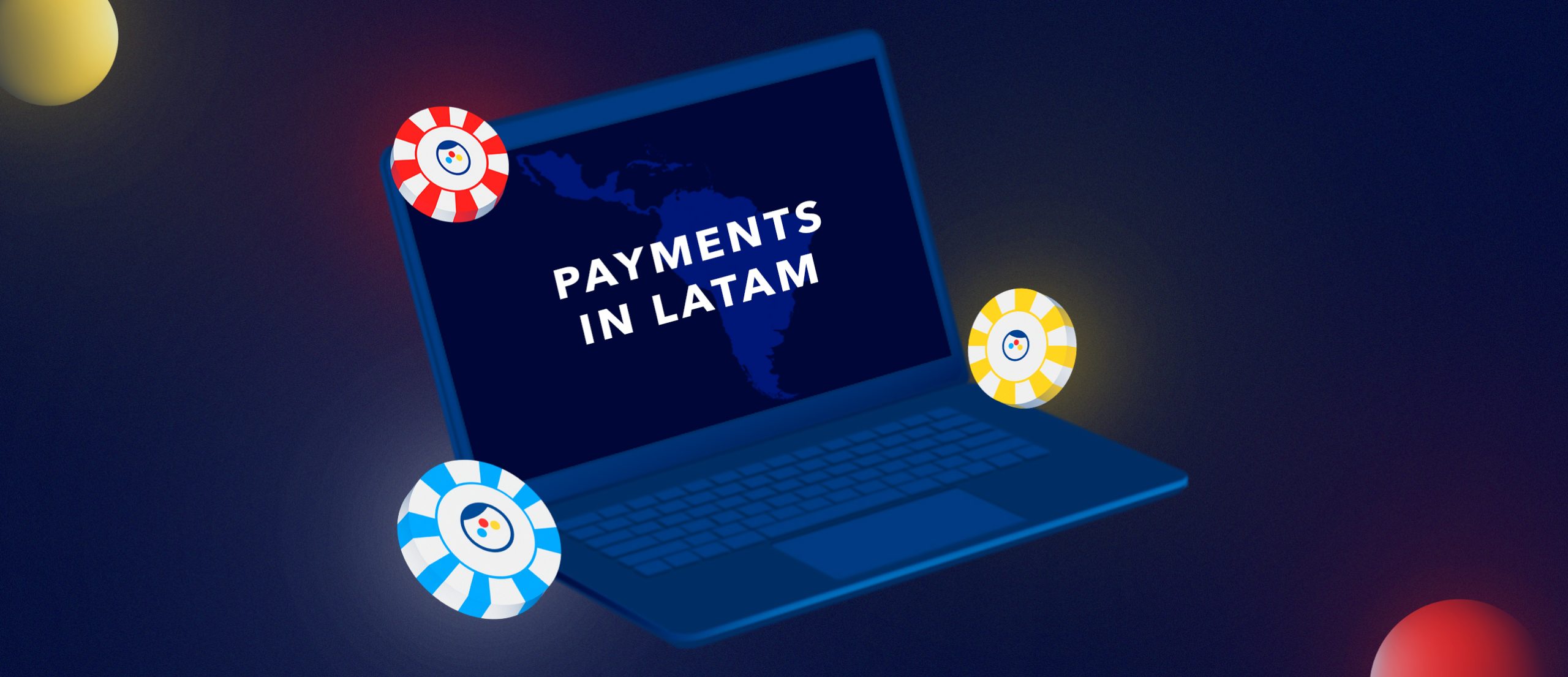
Innovation in Cross-Border Payment Solutions for iGaming
Cross-border payments are becoming one of the fastest-growing segments within the global payments ecosystem, with a projected value of over $250 trillion by 2027. GumBallPay, a leading player in this field, helps businesses expand into new markets and ensures revenue growth with efficiency and speed. However, international transactions also have risks and challenges that must be carefully managed to ensure success. This article aims to explain how cross-border payments work, the different types and benefits available, and provide some essential tips to help your iGaming business thrive.
Types of Cross-border Payments for Online Casinos
The European Central Bank defines cross-border payments as transactions where the payer and payee are located in different countries, regardless of the payment method used. Such payments tend to involve multiple domestic payment systems, intermediary banks, correspondent banks or payment service providers. The time taken to complete a cross-border transaction is typically around two business days, but it can vary depending on factors such as the destination of funds, the number of intermediaries involved and the payment method used.
Bank transfer is a common method for cross-border payments, but it often incurs high fees that vary depending on the bank and transaction amount. Money transfer services, on the other hand, usually offer lower fees, but their availability may be limited in certain areas.
Types of Cross-Border Payments
Wire transfers
A wire transfer is an electronic transfer of funds between two different banks or financial institutions. Wire transfers are a way of sending money across different parts of the world. They work using wire networks that service different geographic areas. This type of payment is usually used for large transactions, but the amount limits can vary depending on the location and network used. Wire transfers can be sent in different currencies using IBAN & SWIFT codes. Typically, payments take between 2-3 working days to process. However, for more complex payment routes involving multiple banks, the process can take 4-5 days.
Credit card transactions
Credit cards play a significant role in cross-border payments and are a preferred option for many players. When consumers make a payment using their credit card, they simply enter their card details and wait for the transaction to be verified. However, there is more to the payment process than what meets the eye. In the global financial landscape, cross-border payments require additional efforts from the credit card networks and acquiring banks to convert between two currencies. This additional workload results in extra fees which are passed down through the payment chain.
Electronic funds transfers (EFTs)
Electronic funds transfers are a type of electronic payment that is also known as electronic bank transfers, e-cheques, or simply electronic payments. These transfers enable both individuals and businesses to quickly and securely send and receive money electronically. Compared to other forms of cross-border payments, electronic funds transfers are typically faster and more convenient.
Online payments platforms
Individuals and businesses can use online payment platforms to send and receive money internationally via mobile or computer. Low fees and competitive exchange rates are often available, with credit card networks also offering cross-border payments.
Challenges of Cross-Border Payments
International money transfers present challenges, but knowing the pitfalls and best practices can overcome them.
Slower transactions
Cross-border payments can be complicated due to multiple parties involved, such as banks, intermediaries, and regulatory bodies. This makes the process more time-consuming and prone to errors than domestic payments, resulting in delays and additional costs for your business.
Higher cost
Expenses associated with international transactions can be high, resulting in reduced profit margins due to conversion, processing, card schemes, and intermediary bank fees.
Currency risk
Cross-border payments involve currency exchange, which can expose businesses to currency risk. Fluctuations in exchange rates can affect the value of payments, resulting in losses or reduced profits.
Liquidity
Transacting with exotic currencies can be challenging due to the absence of correspondent banks in certain payment corridors. Correspondent banks act as intermediaries between the buyer and seller banks. Their absence can lead to delays, higher transaction costs, or even the inability to process the transaction altogether. It’s important to consider their availability to ensure efficient and secure transactions.
Security risks
Cross-border payments involve the transfer of sensitive financial information. It is crucial to ensure that your payment systems and processes are secure to protect against cyber-attacks and fraud.
Local payment regulations and compliance
Localisation involves more than just translating your website and communication channels. Businesses must also ensure compliance with the regulatory requirements in each country they operate in to facilitate cross-border payments. To address these issues, merchants should consider exploring various payment methods, negotiating better terms with financial institutions, and using hedging strategies to protect against currency risks.
Benefits of Cross-Border Payments
Accepting cross-border transactions can help to increase brand awareness. By expanding globally, businesses can improve their visibility, encourage word-of-mouth marketing, run market-specific promotions, and establish new alliances. These elements work together to create a strong brand image on a global scale, which is crucial for business growth and success. Cross-border payments also provide businesses with flexibility in payment methods, allowing them to choose the most convenient and cost-effective option for their needs.
When you receive payments in a currency that is different from the currency in which the payment was processed, you may be charged foreign exchange (FX) fees as a merchant. In order to optimize international transactions and enhance their competitive advantage, merchants strive to minimise cross-border fees. A practical approach to reducing these fees involves deft negotiation of terms with payment processors and acquiring banks. Merchants with substantial transaction volumes often have greater negotiation power, which allows them to secure fee reductions.
In Conclusion
Merchants now realise that their payment processing operation plays an important role in generating revenue for their business. The payment methods they offer and the partners they work with to enable these methods have the potential to grow their business. If you have a global business, it’s important to consider these differences while accepting international transactions. Therefore, it’s best to integrate the most popular payment systems into your checkout process.
GumBallPay allows you to accept various local payment methods, including digital wallets and global card schemes. This gives you access to a wider range of customers and improves your payment acceptance efficiency. To learn more about how our services can benefit your business, please speak with our sales team today.























